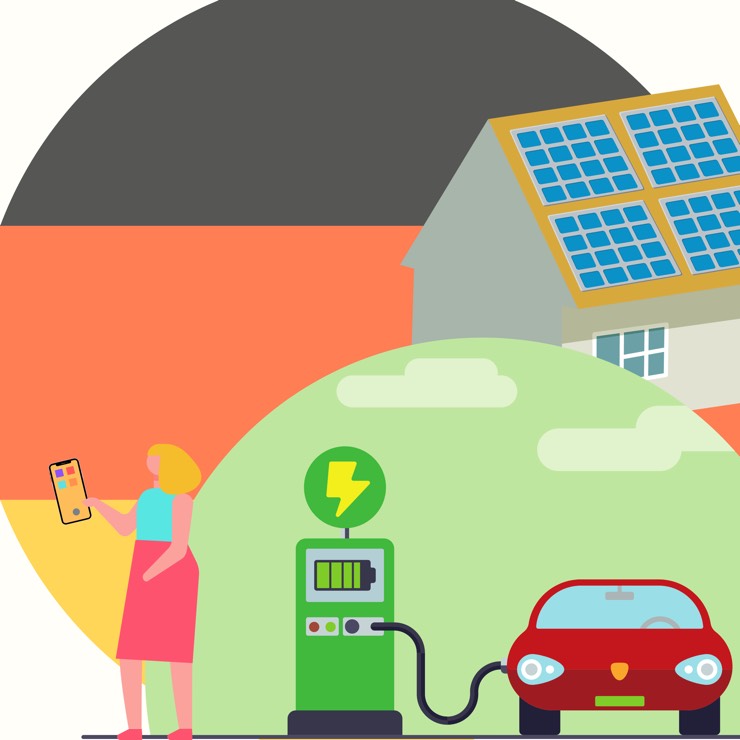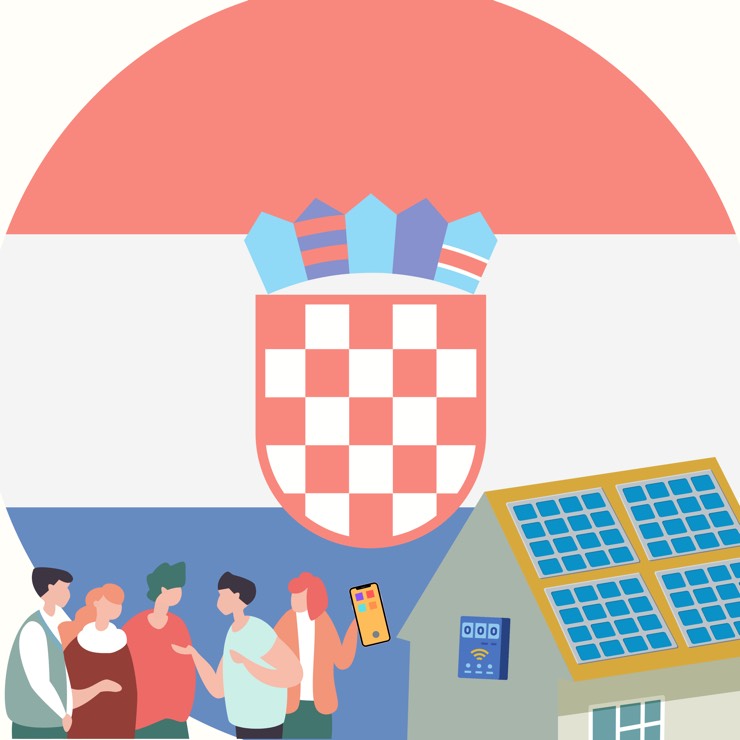Area
Northern Portugal, mainly Porto
Participants
Families with young children, pre-examined pilot of INEGI
Direct participants
100 households
Potential replicants in the area
300 households
Unique Features
- Recent study verified that 50% of Portuguese homes with children are exposed to unhealthy conditions, due to issues affected by energy services, i.e. heating, lighting, and ventilation.
- Pre-examined pilot with 300 participating families with young children and guaranteed user engagement
- Consideration of non-energy impacts (health, comfort) as the key driver for long-lasting energy efficiency behavior change
Available infrastructure and tools
- All households have already applied the energy/IEQ checklist
- 30 homes have completed monitoring and measurements with portable lab equipment of INEGI to establish existing indoor environment conditions
New developments in NUDGE
- Low-cost sub-meters installed at participating households
- Low-cost IoT sensors for evaluating indoor conditions (e.g. temperature, humidity, luminosity, air quality parameters)
- Smartphone application for visualizing individual consumption/IEQ data
In this task, the focus will be on promoting long-term energy savings in building energy use while providing healthy and comfortable homes for families with young children.
This pilot will include 100 households of families with children residing in Northern Portugal, mainly in Porto. All 100 households, with a mix of electricity and natural gas for heating will collect energy use data that will be visualized through a smartphone application.
One half of the households (control group) will have access only to energy use data, while the other half (intervention group) will also be equipped with IEQ sensors and have access to information via the smartphone application to monitor indoor air quality, comfort and luminosity levels.
Nudging interventions will be delivered to end-users through the application recommending different actions to optimize energy use, while ensuring healthy levels of IEQ parameters for the whole family (e.g. ventilate the room to ensure healthy levels of CO2, but doing so during the times of day when the outdoor temperature is highest in winter).
Energy consumption and IEQ sensor data, along with data gathered through the smartphone app for both groups (e.g. user settings, feedback, acceptance of recommendations) will constitute the datasets employed for evaluating the efficiency and IEQ improvement and behaviour change of participating consumers.




